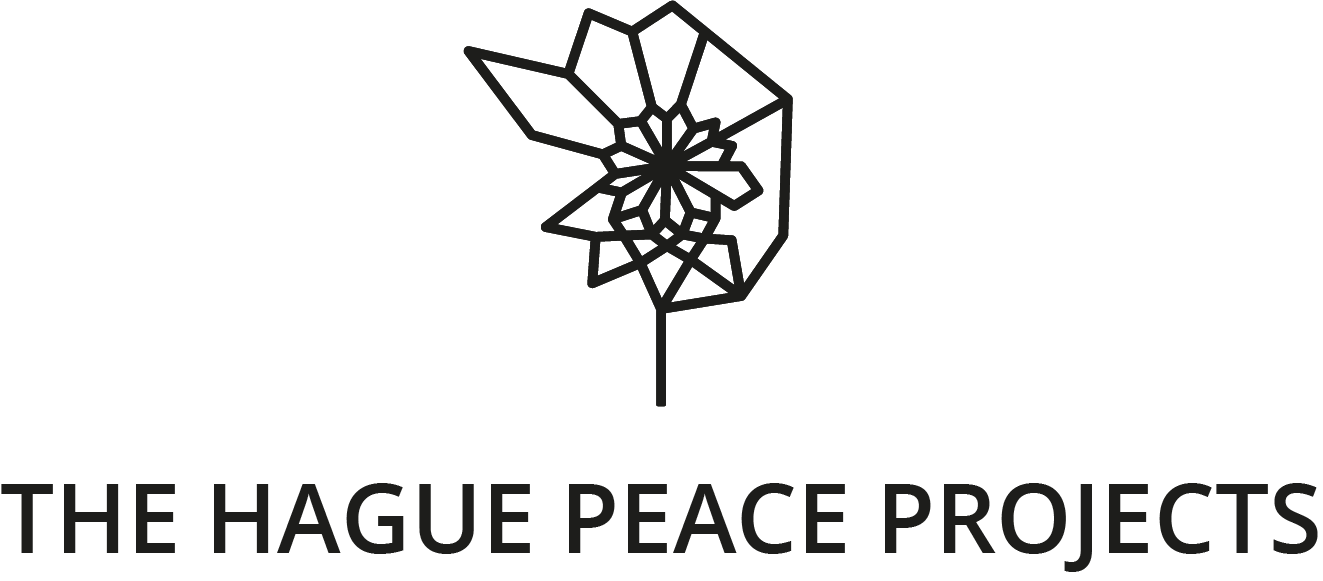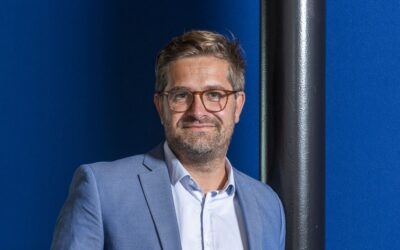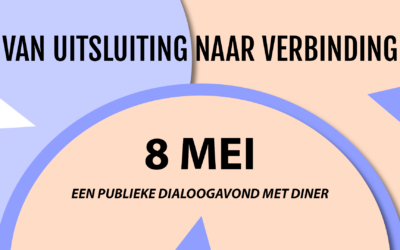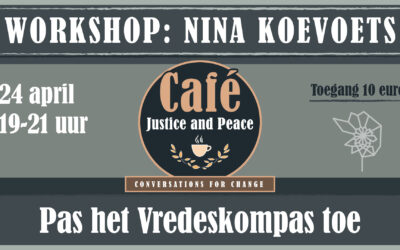Sudan Forum in The Netherlands
Confronted with the most serious humanitarian crisis in Sudan, the Sudanese diaspora in Europe started organizing in Germany last December under the name Bana Peace and Development Group, with the support of CORFA. It was decided to organize a constituency meeting of two days in the Netherlands this summer, combined with a public debate on the causes of the crisis and the opportunities to support political and social activities that would lead to peace.
The first priority is humanitarian aid for the refugees, as they have nowhere to settle and protect their families. The aim of Bana is to analyse the root causes of this ongoing war in a spirit of dialogue. They observe that even in Europe the ethnic diversity and regional differences tend to dominate over a joint will to put an end to the war. It is time to build a future for Sudan together and elaborate a peaceful proposal in an atmosphere of dialogue. The purpose of the meeting is to reconcile and unite the different fractions in civil society and present their view to the belligerent parties.
The Hague Peace Projects is hosting and coaching this initiative of Ebraheem Fethy and will offer their expertise in peace building and dialogue methodology during the conference. As yet, there are no funds to pay for food and lodging of the 30 participants from different European countries. For that reason, we ask for donations to help make this conference possible. Sudan is crying for change, let’s help them where we can.
(Reference: Sudan Forum)
Background
(Nederlands)
Soedanees Forum in Nederland
Ondanks de aanwezigheid van Soedan op de geopolitieke kaart als een verenigd Afrikaans land vanaf zijn politieke vorming tot zijn onafhankelijkheid in 1956, is het land sindsdien kwetsbaar gebleven voor etnische en regionale grillen en tendensen, de dominantie van de politieke islam en externe polarisaties. dit heeft geleid tot hardnekkige nationale crises en interne oorlogen die als de langste in de moderne politieke geschiedenis worden beschouwd. Deze oorlogen hadden verwoestende gevolgen en veroorzaakten wonden in het lichaam van de natie die bleven groeien en verdiepen. De oorlog in het zuiden eindigde met de afscheiding van dit dierbare deel van het land. Wat Darfur betreft, dit heeft het punt bereikt van massamoord, de uitroeiing van honderdduizenden mensen en de ontheemding van miljoenen burgers van deze regio, van wie de meesten al twintig jaar nog steeds in ontheemdingskampen verblijven, naast tienduizenden die hun toevlucht hebben gezocht in de diaspora. De Sudanese crisis in Darfur leidde ertoe dat de politieke en militaire leiders van de verslagen islamitische regering, waaronder de president van het land, door het Internationaal Strafhof werden beschuldigd van mensenrechtenschendingen. Het Nuba-gebergte in Zuid-Kordofan en de Zuid-Blauwe Nijl-regio zijn ook theaters van voortdurende militaire operaties geworden, omdat ze de wapens opnemen tegen de centrale regeringen in Khartoem vanwege hun ontbering van de mensheid, laat staan van het burgerleven. Het leek er dus op dat Soedan op weg was om van de randen te worden uitgehold, nadat de militaire dictatoriale regeringen jammerlijk faalden in het beheren van de creatieve diversiteit die Soedan kenmerkt, en deze in een vloek voor hen veranderden.
De hete oorlog die medio april vorig jaar vanuit de hoofdstad van het land ontplofte en nu in alle regio’s van Soedan woedt, lijkt een strijd tussen twee strijdkrachten om de macht, maar heeft in werkelijkheid de Soedanese crisis uitgekristalliseerd die Sinds de onafhankelijkheid heeft zich een vicieuze spiraal voltrokken, en tegelijkertijd de ernstige verslechtering van de sociale en nationale cohesie tussen diverse bevolkingsgroepen weerspiegeld. In het licht van de etnische en regionale polarisatie binnen het land, en vanwege de haatzaaiende uitlatingen die zich als een lopend vuurtje hebben verspreid, en in het licht van de buitenlandse ambities voor de rijkdom van ons land, voelen we een existentiële bedreiging voor ons moederland. We waren enorm bedroefd door wat er met ons volk gebeurde in termen van ongerechtvaardigde massale sterfte, schade en ontheemding van kinderen, vrouwen en mannen. Daarom deden we een beroep op ons, als geselecteerde individuen, uit de Soedanese gemeenschappen in de landen van de Europese Unie, en We hebben elkaar ontmoet in Duitsland, op initiatief van de Bana Peace and Development Group, en met de gewaardeerde steun van de Duitse CORFA-organisatie, en we hebben een workshop gehouden, die drie dagen duurde, van 7 tot 10 december vorig jaar, in aanwezigheid van een aantal mannelijke en vrouwelijke deelnemers uit de Europese Unie en het Verenigd Koninkrijk, en het was een groot succes, omdat ons doel eerst gericht was op het stoppen van de oorlog en het bereiken van vrede, en vervolgens opriep tot het aanpakken van onze crises in het licht van vreedzaam samenleven, en het leggen van de basis voor het bouwen van een thuisland, dat plaats biedt aan iedereen (een staat van burgerschap waarin iedereen gelijk is).
Het lijdt geen twijfel dat wij, als Soedanezen in de landen van de Europese Unie, zwaar getroffen zijn door de schade en de ernstige schade die ons volk in ons moederland overkomt, en dit is duidelijk tot uiting gekomen in onze gemeenschappen in de diaspora, die in beurt zijn verdeeld over regionale en etnische lijnen! In het belang van ons allen was het noodzakelijk dat we actie ondernamen en effectief bijdroegen aan de aanpak van onze huidige crisis, waarbij we konden profiteren van de ervaringen van de landen waarin we nu leven.
De laatste bijeenkomst werd gehouden in Duitsland, als gastheer voor de tweede sessie van onze groep in Nederland, en vertegenwoordigers van de Soedanese gemeenschappen in de landen van de Europese Unie zullen ook met ons deelnemen. Er wordt verwacht dat deze bijeenkomst drie dagen lang zal plaatsvinden in de laatste week van november volgend jaar. Het evenement zal een eendaagse workshop omvatten en de presentatie van drie tot vijf vooraf voorbereide werkdocumenten, die de belangrijke onderwerpen van onze huidige crisis behandelen. Deze documenten zullen door de deelnemers worden besproken, en resultaten en aanbevelingen zullen worden gepresenteerd. Deze bijeenkomsten zijn gericht op het Nationale Platform van de Krachten van Vrijheid en Verandering en op andere nationale platforms die zich inzetten voor het pad van democratische transformatie in ons land.
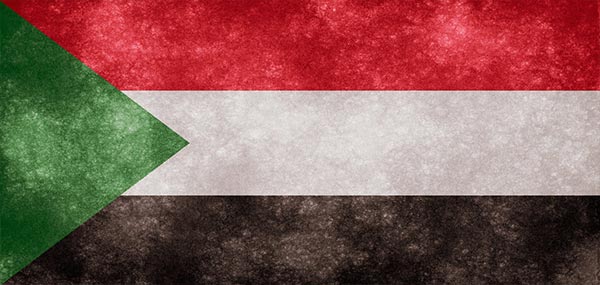
(English)
Sudan Forum in The Netherlands
Despite Sudan’s presence on the geopolitical map as a unified African country from its political formation until its independence in 1956, the country has since remained vulnerable to ethnic and regional vagaries and tendencies, the dominance of political Islam, and external polarizations. This has led to intractable national crises and internal wars that are considered the longest in modern political history. These wars have had devastating consequences and caused wounds in the nation’s body that continued to grow and deepen. The war in the south ended with the secession of this beloved part of the country. As for Darfur, it has reached the point of mass murder, the extermination of hundreds of thousands of people and the displacement of millions of citizens of this region, most of whom have remained in displacement camps for twenty years, in addition to tens of thousands who have sought refuge in the diaspora. The Sudanese crisis in Darfur led to the political and military leaders of the defeated Islamist government, including the country’s president, being accused of human rights violations by the International Criminal Court. The Nuba Mountains in South Kordofan and the South Blue Nile region have also become theaters of ongoing military operations, as they take up arms against the central governments in Khartoum for their deprivation of humanity, let alone civilian life. Thus, it seemed that Sudan was on its way to being hollowed out from the edges after the military dictatorial governments failed miserably in managing the creative diversity that characterizes Sudan, turning it into a curse instead.
The hot war that exploded from the country’s capital in mid-April last year and is now raging in all regions of Sudan appears to be a struggle for power between two armed forces, but in reality it has crystallized the Sudanese crisis that has been going on since independence, and at the same time reflecting the serious deterioration of social and national cohesion between various populations. In light of the ethnic and regional polarization within the country, and because of the hate speech that has spread like wildfire, and in light of foreign ambitions for our country’s wealth, we feel an existential threat to our motherland. We were greatly saddened by what was happening to our people in terms of unjustified mass death, damage and displacement of children, women, and men. Therefore, we appealed to ourselves, as selected individuals from the Sudanese communities in the countries of the European Union. We met in Germany on the initiative of the Bana Peace and Development Group, and with the valued support of the German CORFA organization we held a three-day workshop from 7 to 10 December last year in the presence of a number of male and female participants from the European Union and the United Kingdom. It was a great success, because our goal first focused on ending the war and achieving peace, and then called for addressing our crises in the light of peaceful coexistence and laying the foundation for building a homeland that accommodates everyone (a state of citizenship in which everyone is equal).
There is no doubt that we, as Sudanese in the countries of the European Union, have been deeply affected by the destruction and serious damage that is happening to our people in our motherland. This has been clearly reflected in our communities in the diaspora, which in turn are divided along regional and ethnic lines. For the sake of all of us, it was imperative that we took action and contributed effectively to addressing our current crisis, where we were able to benefit from the experiences of the countries in which we now live.
The last meeting was held in Germany, hosting the second session of our group in the Netherlands. Representatives of the Sudanese communities in the countries of the European Union will also participate with us in a meeting that is expected to take place for three days in the last week of November next year. The event will include a one-day workshop and the presentation of three to five pre-prepared working papers, covering the important topics of our current crisis. These documents will be discussed by the participants, and results and recommendations will be presented. These meetings are focused on the National Platform of the Forces of Freedom and Change and on other national platforms committed to the path of democratic transformation in our country.
(Reference: Sudan Forum)
Peace through Dialogue
Donate Now
Your one-off or monthly donation makes a big difference!
Follow us
Follow us on YouTube, Instagram, Twitter, and Facebook
Collaborate
Interested in collaborating or volunteering?
